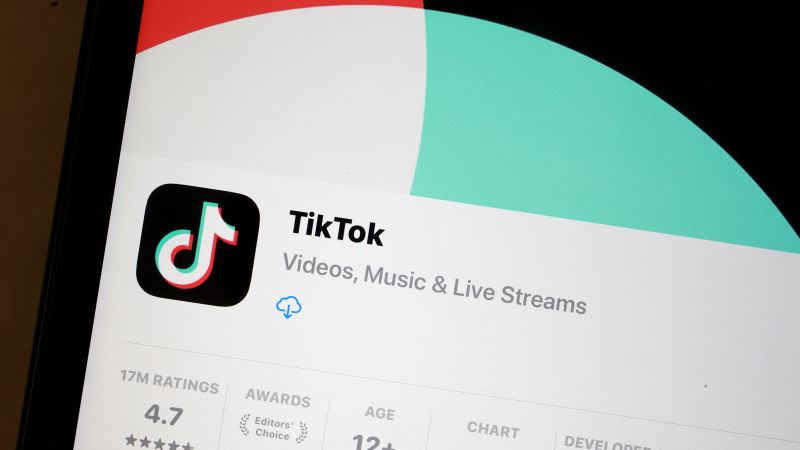
Title: Justice Department Argues for TikTok Ban Due to National Security Concerns and Potential Election Interference
Lead: The Justice Department has filed a court document arguing that TikTok, the popular social media app owned by Chinese company ByteDance, should be banned in the United States due to national security concerns and potential election interference.
Fact 1: The Justice Department claims that TikTok's algorithm could allow the Chinese government to manipulate content and influence US elections. If ByteDance doesn't sell TikTok's American operations to a non-Chinese owner by mid-January 2025, app stores and web hosting services will be required to stop working with TikTok, effectively banning the app in the US.
Fact 2: The Justice Department also accused TikTok of gathering sensitive information on users based on their views on divisive social issues such as gun control, abortion, and religion. This information was reportedly stored on Chinese servers and accessible to ByteDance employees in China.
Background Information: TikTok is a video-sharing social media platform that has gained immense popularity worldwide. The app allows users to create and share short videos with music, filters, and other effects. However, concerns have been raised about the app's ties to China and potential security risks.
Fact 3: Last year, TikTok was reported to have tracked users who watched LGBTQ content through a dashboard that has since been deleted. The company denied these allegations but did not provide any evidence to refute them.
Bias: The Justice Department's argument for the ban on TikTok is based on national security concerns and potential election interference. However, it's important to note that there are other perspectives on this issue. Some argue that a ban would infringe upon freedom of speech and could set a dangerous precedent for government censorship.
Conclusion: The Justice Department's filing marks the latest development in the ongoing legal battle between TikTok and the US government over national security concerns. The outcome of this case could have significant implications for privacy, free speech, and US-China relations.

